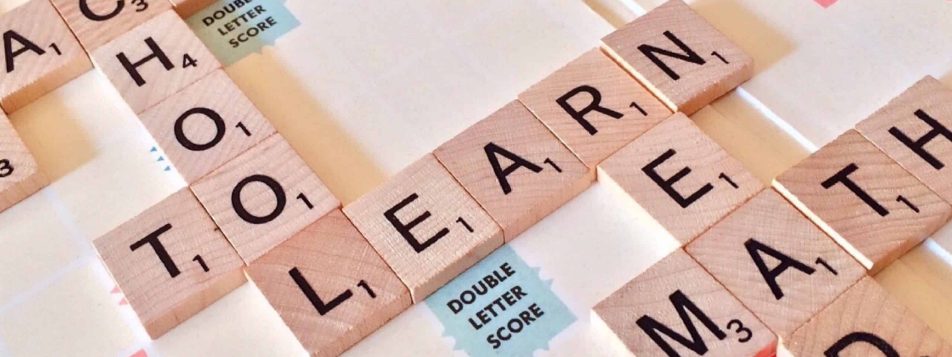Make it child’s play.
Mental math: Visualizing numbers is the key to multiplication and division
In the 1950's mental math was thought to have been mastered by children in the elementary school, as this story in the NYT describes. Now, it is thought that improvements in homeschooling and pull-out programs have reformed math instruction.
I don't think that this is the case. (Most of what I know about the history of math instruction comes from Stephen Krashen.) My own experience suggests that linear methods of teaching times tables don't work very well and certainly don't foster an ability to calculate in the head.
A theory of how to teach memory-based times tables without rote memorization
My view is that by using the following kinds of activities, students will be able to memorize the multiplication table and be able to do mental math much more easily than they do now:
Teaching with games and play
Instead of memorization, students should be taught to associate mathematical objects with a story that they know.
For example, we can teach them to think of 7 as a number and of 5 as a person.
I can't help thinking about the way that we learn to think of a 6 as a snake and 2 as a person.
Teaching with music
Within the memory palace concept, each number can be associated with a tone and a visual image.
We can further associate each of these with a story that we know. Thus the number 7 is associated with "We'll be friends forever". The number 8 is associated with "I want you to want me".
Teaching with stories
Memorable stories are associated with each digit.
The stories can be actual stories that are made up or illustrated or they can be stories that we know.
Playing around and improvising .We can do random mental math to practice. This would take a bit of practice but it would be good to practice it.
Why this works
The theory is that by associating numbers with stories that we know we will be able to push the number story out of our mind and deal with the raw number.
Then, when we actually need to make a calculation, we will be able to push the number story out of our mind and deal with the raw number. Stories are always evolving and adapting to new information.
The same is true of the associations that we make. For example, 2 has always been associated with a pair of shoes. However, we now also think of 2 as a pair of aces.
Research on the brain
This approach makes sense from a psychological point of view, given the way that children learn to speak.
Babies start to associate sounds with objects very early on. After a while, the baby learns to talk and starts to make up her own stories about those object.
The child then starts to make up her own story about the objects that she sees.
Conclusions
By using the memory palace technique, where each number is associated with a sound and a story, students will be able to learn their multiplication table and be able to do mental math much more easily than they do now.
In addition, the approach reduces the need for rote memorization, which, according to my view, is not an effective way to memorize things.
Ideally, if we sing our multiplication table, then those associations will also help us to sing the tables, which can help to support learning.
Once our multiplication table is learned, we should be able to do mental math much more easily. We can do random mental math, like subtracting 28 from 34 and multiplying by 9.
We can also use our stories to help us with mental math. Then, when we actually need to make a calculation, we can use our stories to deal with the raw numbers. Teachers and parents should use play and stories to teach math.
There are a number of ways that our number stories help us to learn and do other things, including mental math.
Read another post about 'Best Tuition Centres for Mathematics' or another beneficial posts on Cudy Blog.






